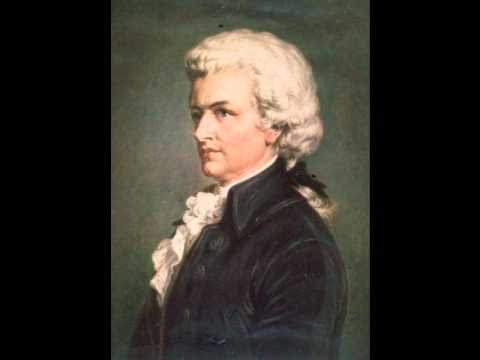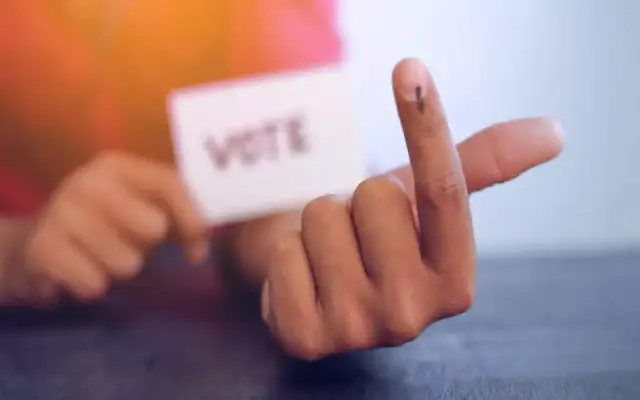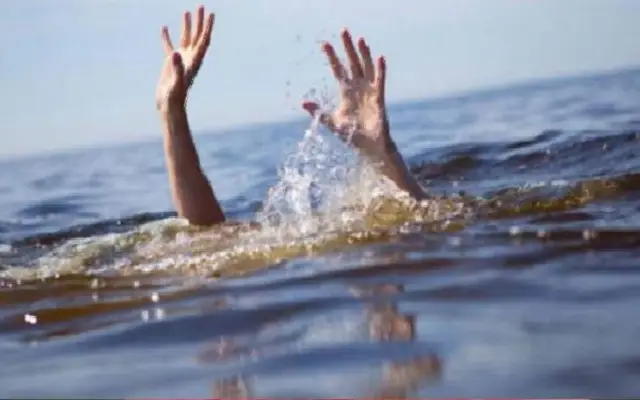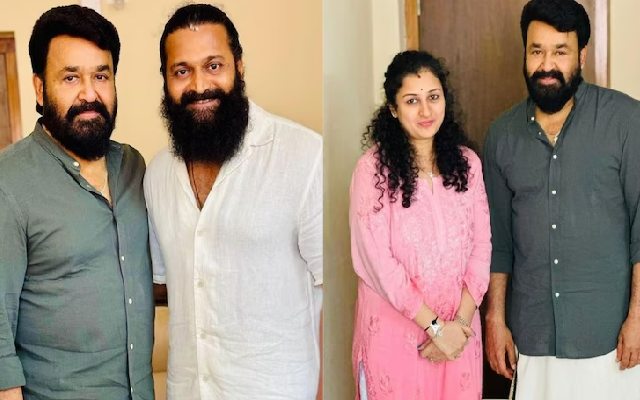
Rachael Dwyer, University of the Sunshine Coast
This is an article from Curious Kids, a series aimed at children. The Conversation is asking kids to send in questions they’d like an expert to answer. All questions are welcome – serious, weird or wacky!
Who made the ABC song? – Hendrix, age 6, Dunsborough, Western Australia.

A common answer to this question is that the ABC song was first copyrighted under the title The Schoolmaster in 1834 by an American man named Charles Bradlee. You can see the original sheet music and lyrics here.
But the history of this famous song goes back a little further than that. Nobody knows exactly who invented this tune, but we have some clues about how it developed and became popular over time.
The ABC song uses the same tune as Twinkle Twinkle Little Star, and it’s similar to Baa Baa Black Sheep. (Try humming each one to check for yourself.)
The oldest published version of the tune is from 1761, but we don’t know who wrote it and it didn’t have any words.
The Twinkle Twinkle Little Star words were written by an English poet called Jane Taylor in 1806.

The tune has also been used by lots of different composers as a basis for their pieces – even a very famous classical music composer called Wolfgang Amadeus Mozart. Mozart wrote Ah, vous dirai-je, Maman (which means “Ah, Mother, if I could tell you” in English) in 1785. It sounds a lot like the ABC song, don’t you think?
When the ABC song first became popular, not very many children went to school. That meant that most people never learned to read and write. Over time, as it became more important to learn to read and write, more and more children learned the song when they were young to help them to remember the letters of the alphabet.
Another question that might be worth thinking about is why we sing the alphabet song at all. It has to do with how we learn.
Children have always learnt things from their parents and grandparents. Because most people didn’t read or write they weren’t written down, so it was really important to remember them. Groups of people in different places had their own songs to tell stories and pass down their history from one generation to the next.
Because of the way our brains work, we can remember songs and rhymes much more easily. The reasons are a bit complicated, but it’s partly because we pay more attention to the timing and speed of the sounds. When we do this, we use more of our brain at the same time, which means we remember it better.
So we don’t really know exactly who wrote the ABC song, but we know that most children who learn to read and write English now sing this song to help them remember the letters.
Hello, curious kids! Have you got a question you’d like an expert to answer? Ask an adult to send your question to us. They can:
* Email your question to curiouskids@theconversation.edu.au
* Tell us on Twitter by tagging @ConversationEDU with the hashtag #curiouskids, or
* Tell us on Facebook

![]() Please tell us your name and age (and, if you want to, which city you live in). You can send an audio recording of your question too, if you want. Send as many questions as you like! We won’t be able to answer every question but we will do our best.
Please tell us your name and age (and, if you want to, which city you live in). You can send an audio recording of your question too, if you want. Send as many questions as you like! We won’t be able to answer every question but we will do our best.
Rachael Dwyer, Lecturer in Music Education and Teaching, University of the Sunshine Coast
This article was originally published on The Conversation. Read the original article.



















